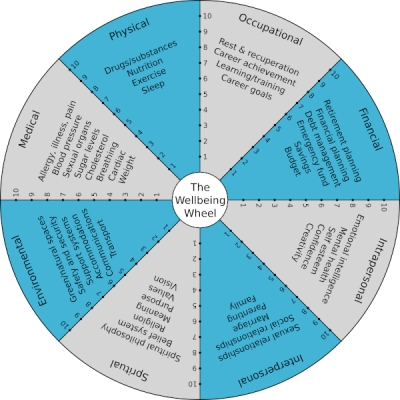Mental health challenges may sometimes remain unnoticed in men, as they tend to present differently than in women. Unlike in women, symptoms of mental health challenges in men may present as irritability, violent outbursts, risky behaviours and substance misuse.
While women tend to seek help for their mental health more often than men do, this doesn’t mean that men are any less affected by mental health issues. While more men are starting to seek help, there are still many who refuse to because they feel that it’s ‘unmanly’.
One of the biggest contributing factors that explains how mental health challenges present in men is how they were raised. As children, we mostly learn through observation. So boys learn what is socially acceptable by observing their fathers or other male role models in their lives. As such, many boys learn at a young age that ‘boys don’t cry’, leading them to suffer in silence. Not seeing men admit when they are struggling or reaching out for help can lead to boys seeing vulnerability as weakness.
Boys who are raised in environments where their fathers turn to alcohol or other substances to cope or numb their pain, may later on adopt these behaviors as copings strategies, albeit, unhealthy. The similar pattern may occur when being exposed to fathers or other adult males who are aggressive or violent. What we grow up seeing becomes normalised to us, even though it is not actually normal.
Boys who were mocked or punished for displaying emotions learn early on that it is not okay to cry and that sensitivity is a weakness. This means that they may grow into adults who avoid their own emotions. Not just that – but because they don’t develop the ability to identify and understand emotions, they are also not able to empathise with loved loves. In my professional experience, men struggle significantly more than women to name negative emotions. The most common negative emotion that men seem to identify is anger (a more surface level, ‘powerful’ emotion) as opposed to more vulnerable emotions such as grief, disappointment, or betrayal. So it’s not uncommon for men to struggle with identifying, understanding and regulating their emotions. The emotions that we do not allow ourselves to feel can create other problems – health issues, substance issues, aggression and relationship issues.
Boys who grow up in ‘traditional’ families, learn that their role as men is to be a provider. So when they face challenges in adulthood, especially in our current socio-economic context, they carry a huge burden, often silently. There is often embarrassment and shame when one isn’t able to provide as they’d like, and not knowing how to channel such emotions effectively, can lead to significant mental health challenges.
It is important to note that men who attend therapy (willingly) report improved wellbeing and improved relationships. There is a huge relief that comes with understanding why we are the way that we are, and that we have the capacity to change. Emotional expression is also the key to resilience. Because stress is inevitable in life, resilience is an essential skill.
We need to raise boys and girls in the same way – encouraging and modelling emotional expression. Model healthy help-seeking behaviour, such as supportive relationships. Teach adaptive coping skills so they can deal with stress effectively.
If you are a man who wants to improve your mental health, start by working on your emotional literacy. Start to identify your emotions before they become outbursts. Learn healthy coping strategies and know that seeking help is a strength, not weakness.
 In our fast-paced world, achieving a balanced life often feels elusive. Yet, understanding and nurturing all facets of our existence is crucial for optimal wellness. Enter the Wellbeing Wheel—a transformative tool that offers a holistic approach to self-assessment and growth.
In our fast-paced world, achieving a balanced life often feels elusive. Yet, understanding and nurturing all facets of our existence is crucial for optimal wellness. Enter the Wellbeing Wheel—a transformative tool that offers a holistic approach to self-assessment and growth.